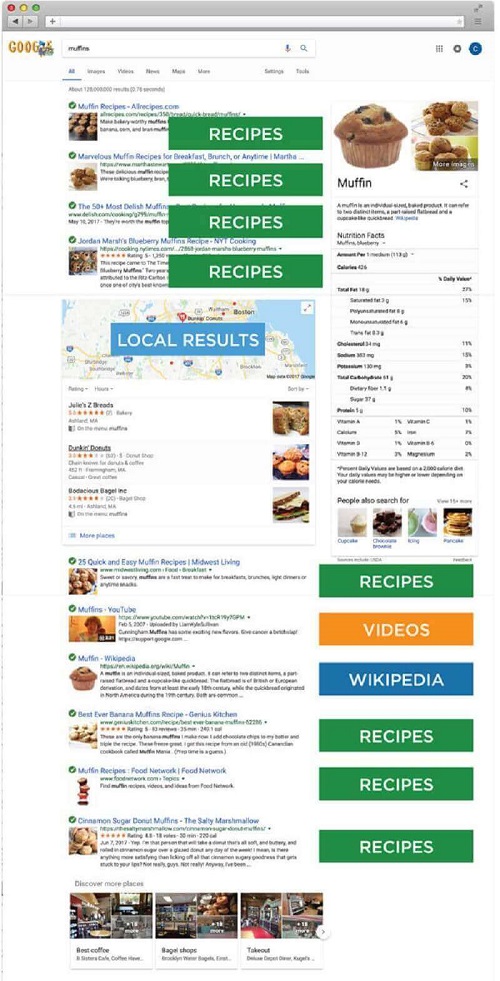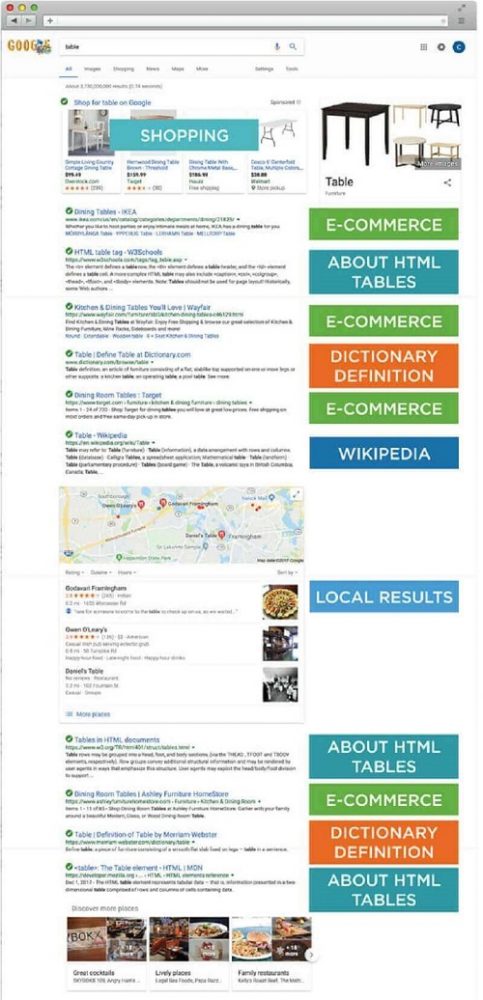Matching up a keyword with what Google thinks users want to see for that keyword can seem like magic. But you don’t have to be a wizard to figure it out.
In this episode of the popular Here’s Why digital marketing video series, Perficient Digital’s Eric Enge explains why understanding user intent is the first important step toward figuring out which keywords your site might actually be able to rank for.
Don’t miss a single episode of Here’s Why. Click the subscribe button below to be notified via email each time a new video is published. Over a half million views on YouTube!
Resources
- See all of our Here’s Why Videos | Subscribe to our YouTube Channel
- Do You Have a Shot at Ranking for That Phrase?
Transcript
Mark: Eric, keywords still matter for SEO, right?
Eric: They do Mark, but how we use them has changed.
Mark: How so?
Eric: It’s still a good idea to plan what keywords you want to rank for, but the world of search is so complex now. It isn’t just a matter of choosing some keywords, optimizing content for them, obtaining some links and presto, you’re ranking for those keywords.
Mark: What else is involved then?
Eric: The key these days is understanding relevance to a query and how Google interprets user intent.
Mark: Explain that.
Eric: Let me give an example. Below is a query where every result except for some local results is an eCommerce site. Guess what kind of site you need to have if you want to have any hope of ranking for the keyword “glassware”?

Mark: An eCommerce site?
Eric: Brilliant. Clearly, Google interprets the query “glassware” as having primarily commercial intent. That is, most people who search for glassware are looking to purchase glassware.
Mark: So if your site was say a museum of glassware, but you weren’t selling any glassware, you probably wouldn’t be able to rank for that term.
Eric: That’s exactly right. It would be very difficult to say the least. You might have a much better shot at something like “glassware history”, or “glassware exhibits,” where people are probably looking for exactly what a glassware museum would have.
Mark: So does Google think all single-word queries for things have commercial intent?
Eric: No, not at all. Look below at these results for the query “muffins”. Notice that they’re almost all recipes for muffins.

Mark: I guess you wouldn’t want to buy muffins online.
Eric: Well, not unless they had overnight shipping. But, some queries give more mixed result. Here we’re looking at the results for search on “Table”.

Mark: Oh yeah, I see. So some eCommerce sites, some information content, and also some query deserves diversity in play. Some of the results are about tables that are furniture, and some about HTML tables.
Eric: Yes, so in this case you could have a shot at page one for this query with either an eCommerce site selling tables or a page with information about HTML tables.
Mark: That’s fascinating, Eric, thanks. Now, folks, understanding keyword relevancy to user intent is just the beginning of the work you need to do with keywords. Eric has much more about the next steps including how to determine user intent for a given keyword, and then how to apply that to your SEO strategy in his column for Search Engine Land.
Don’t miss a single episode of Here’s Why. Click the subscribe button below to be notified via email each time a new video is published.
See all of our Here’s Why Videos | Subscribe to our YouTube Channel

